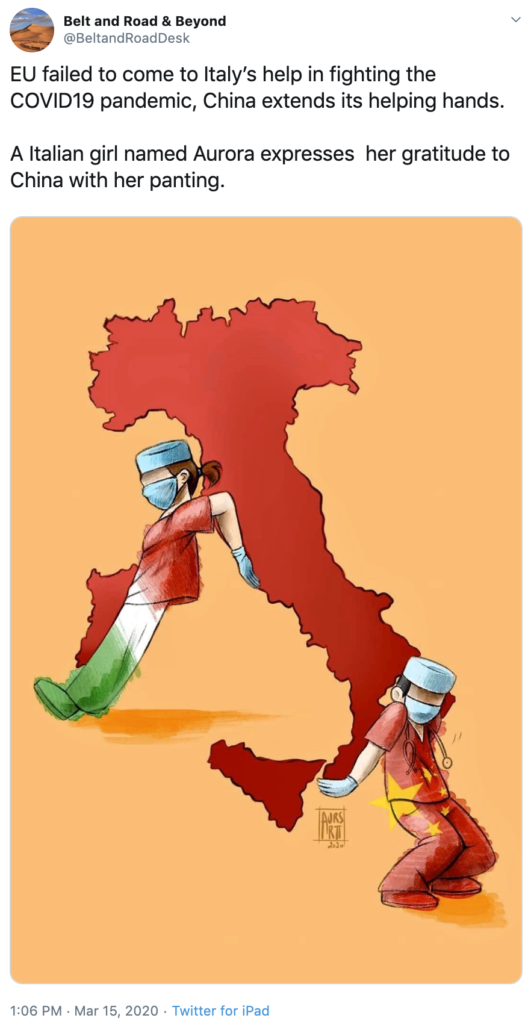The System is in Trouble

There’s a lot of uncertainty right now, whether about the economy, the pandemic, or the general political situation. We have a president who lies and deflects, making the inevitable noise associated with compounding crises even worse. So I think we need to focus for long enough to let the gravity of it all sink in. The most likely outcome right now is catastrophically bad, followed by merely pretty bad.
The pandemic itself is receiving plenty of coverage elsewhere, and it’s the area that I am absolutely least qualified to say anything meaningful about.
Markets are apparently incredibly volatile (indeed, U.S. stock futures are currently up). Many of the political economists whom I interact with have been pointing to signs of economic brittleness for quite some time. In the last few days I’ve been hearing a lot of “it’s beginning to look a lot like 2008. So it might not be the case that we have a sharp contraction followed quickly by solid growth. Meanwhile, there are very troubling signs coming our of emerging markets. But this isn’t my subfield of expertise, so maybe I’m just being overly pessimistic. I’m hearing a lot of smart people saying that, despite Trump’s constant threats, the Fed seems to know what it’s doing. So there’s that.
But when we get to my area of expertise, I’m not at all sanguine.
U.S. global hegemony is over. It disappeared when alternative sources, most notably China, emerged to break the western patronage monopoly of the 1990s (preorder my book or read it now in electronic format!). There are two issues that remain uncertain.
First, the survival and extent of what might be called “the American System”. That is, in crude terms, the core economic and security order built – often in conjunction with key allies – before the end of the Cold War and expanded during the 1990s.
Second, how much ability the United States retains to shape – not determine, but shape – the texture of international order.
This is where “geopolitical suicide” matters: the scope of self-inflicted wounds generated by major policy blunders, such as the Iraq War, and widespread mismanagement by kleptocratic kakistocrats.
What the current pandemic makes clear is that the room for dysfunction grows smaller and smaller. And it’s not just the United States – even if we are possibly the worst governed of the advanced industrialized democracies. In general, liberal democratic institutions are failing to stop the bleeding.
Over at the book website, my co-author, Alex Cooley, has a short piece about China and Italy – and how developments in that relationship reflect the broader politics of “goods substitution” by authoritarian powers. The same dynamics he flags, especially with respect to the rise of “multipolar populism”, are more advanced in the Serbian-Chinese relationship.
In 2008-2009, the system might have worked. Now it’s looking pretty ragged. Which will be particularly ironic if the Fed once again capitalizes the rest of the world even as the influence of the United States and its increasingly estranged allies wanes.
